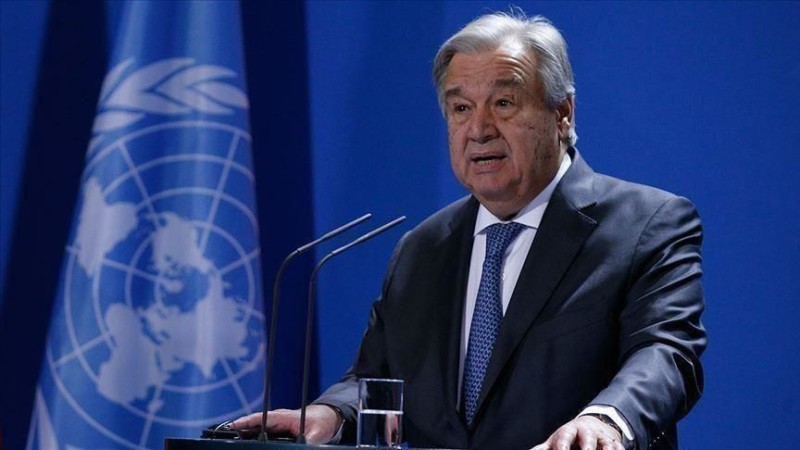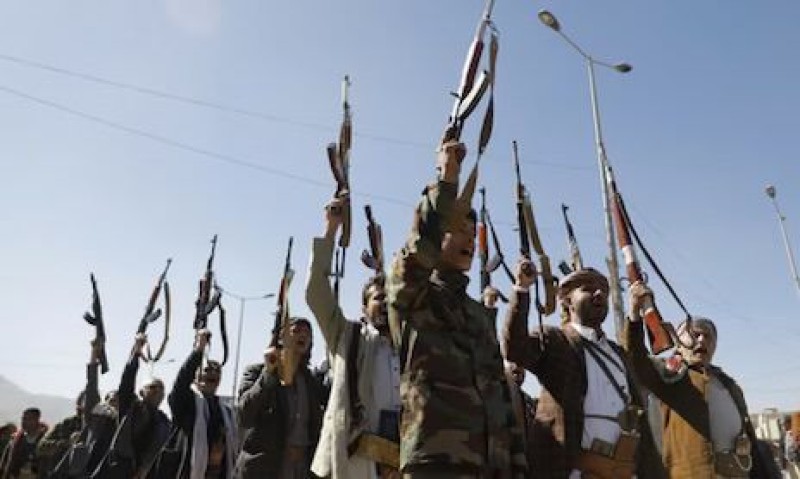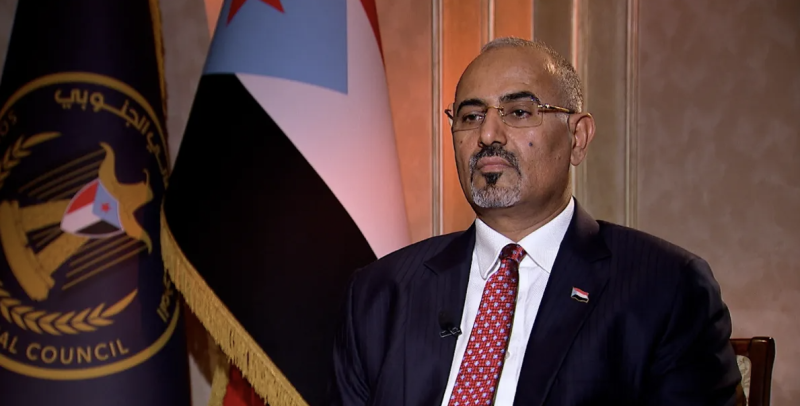Yemen’s Houthis seek propaganda boost from deadly US strikes


As America’s escalated bombing campaign and economic sanctions hit Yemen hard, the Iran-backed Houthi militia in Washington’s crosshairs is trying to mine the situation for propaganda and recruitment, analysts said.
On Monday, four days after 80 people were killed in US strikes on a fuel port, the Houthi militia released a slick promotional video showing special forces marching over the Israeli flag and somersaulting through flaming hoops.
Against a soundtrack of dramatic music, the masked soldiers fire automatic weapons at targets bearing the American, Israeli, and British flags—the three countries involved in attacks on Yemen since January last year.
The Houthi armed group, part of Iran’s “axis of resistance” against Israel and the US, has painted itself as defender of Gaza during the Israel–Hamas war, launching a drumbeat of missiles and drones both at Israel and at cargo vessels plying the key Red Sea trade route.
In response, the administration of US President Donald Trump has ramped up pressure on the group, redesignating it a terrorist organization and carrying out near-daily air strikes that have killed more than 200 people since mid-March.
“The Houthis are absolutely trying to use the intensified campaign of US air strikes for propaganda purposes,” said Thomas Juneau, a Middle East specialist at the University of Ottawa’s Graduate School of Public and International Affairs.
“They are actively using information operations to try to position themselves as champions of the resistance against the United States and its regional partners, including to maximize recruitment domestically.”
Child soldiers
The Houthi armed group, whose regular rallies against the United States and Israel are attended by large crowds in the militant-held capital Sanaa, has urged Yemenis to mobilize.
They say that tens of thousands have signed up for military training since the start of the war in the Gaza Strip.
In February last year, Human Rights Watch warned that child recruitment for the militia’s armed forces had “noticeably” increased since the Gaza war began in October 2023.
Houthi television aired interviews with survivors of last week’s attack on the Ras Issa fuel port, the deadliest of the US campaign, who vowed support for Gaza even as they lay wounded on stretchers.
The US escalation “comes at a steep human cost, which could intensify Houthi mobilization and recruitment,” said US-based Yemen expert Mohammed Albasha.
But the US raids have also succeeded in destroying some Houthi military capabilities and have forced its leadership into hiding, analysts say.
The Yemeni group managed to survive a decade of air strikes by an Arab-led coalition and more than a year of US attacks aimed at deterring their harassment of Red Sea shipping.
“The difference with the American bombing campaign is its relentless pursuit of Houthi leadership,” said Maged al-Madhaji, chairperson of the Sanaa Center for Strategic Studies, an independent think tank.
Attacks on communication networks and control centers have caused “unprecedented damage to the movement’s infrastructure,” he added.
“However, this damage can be repaired if the campaign stops and neither a ground operation nor a political path is pursued. The Houthis are capable of adapting and enduring pressure.”
Economic damage ‘much bigger’
Meanwhile, Washington is strangling the militia financially, sanctioning banks and hitting infrastructure like the Ras Issa fuel terminal—a vital source of energy and funds for the Houthis’ precarious economy.
Returning the group to the US terror list makes it risky for companies to operate in their territory, including by importing materials, as they could face sanctions of their own.
“The economic damage is much bigger than just (military strikes),” said Baraa Shiban, a Yemen specialist at Britain’s Royal United Services Institute, a security think tank.
He also questioned the effectiveness of the Houthi propaganda among a population already reeling from more than a decade of war with the Arab-led coalition.
“People are frustrated, tired, and they’re exhausted. And, you know, the economic situation is very, very dire,” Shiban said.
“People just want the cycle of violence to end.”

RIYADH — United Nations Secretary‑General António Guterres has described recent developments in Yemen’s Hadramout governorate as…

SANAA — Yemen’s Houthi movement has denounced United Nations Secretary‑General António Guterres, accusing him of meddling in the…

Aden — Yemen’s Presidential Leadership Council members Aidarous al-Zubaidi and Tareq Saleh underscored the need to unify military and p…